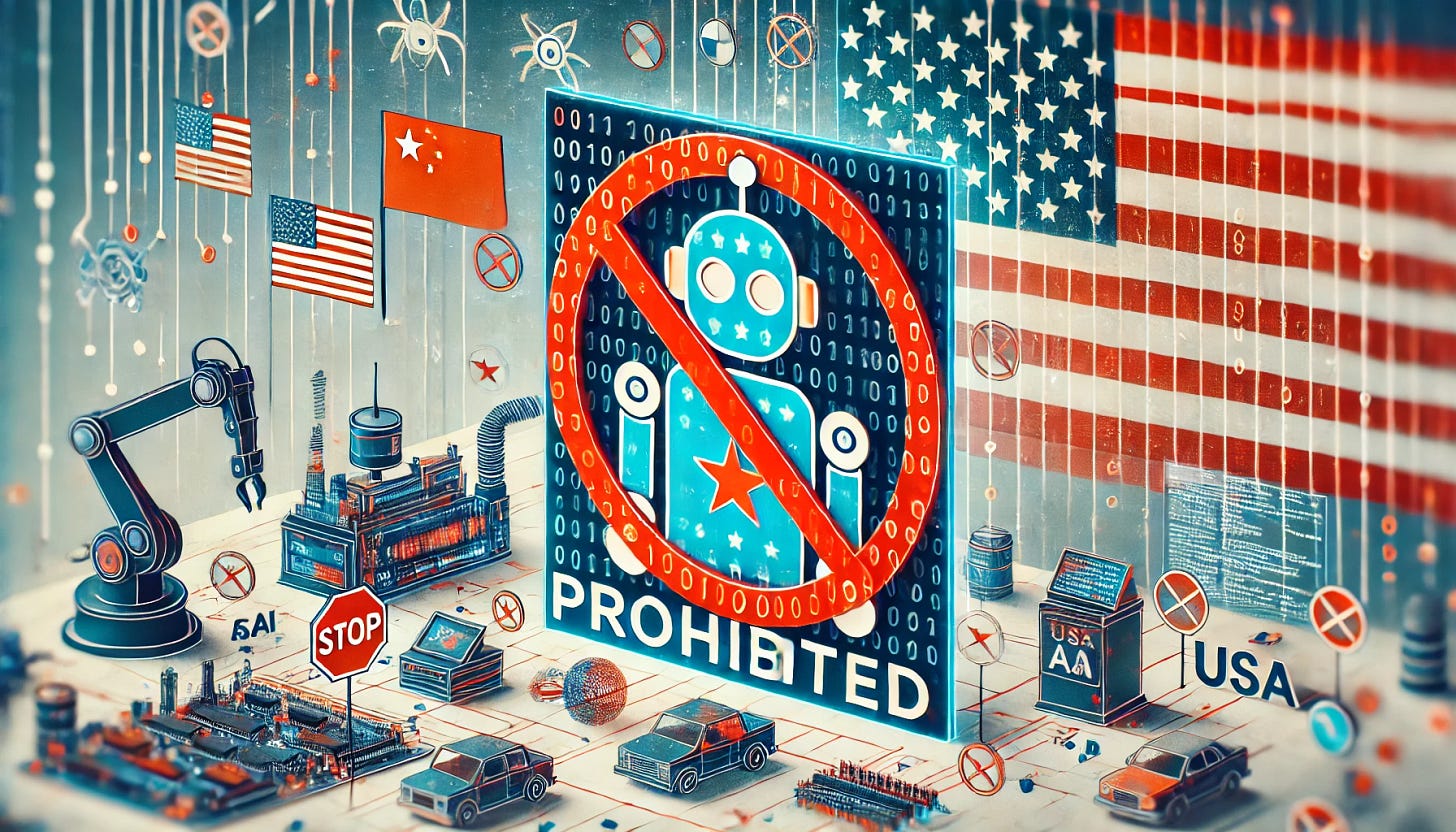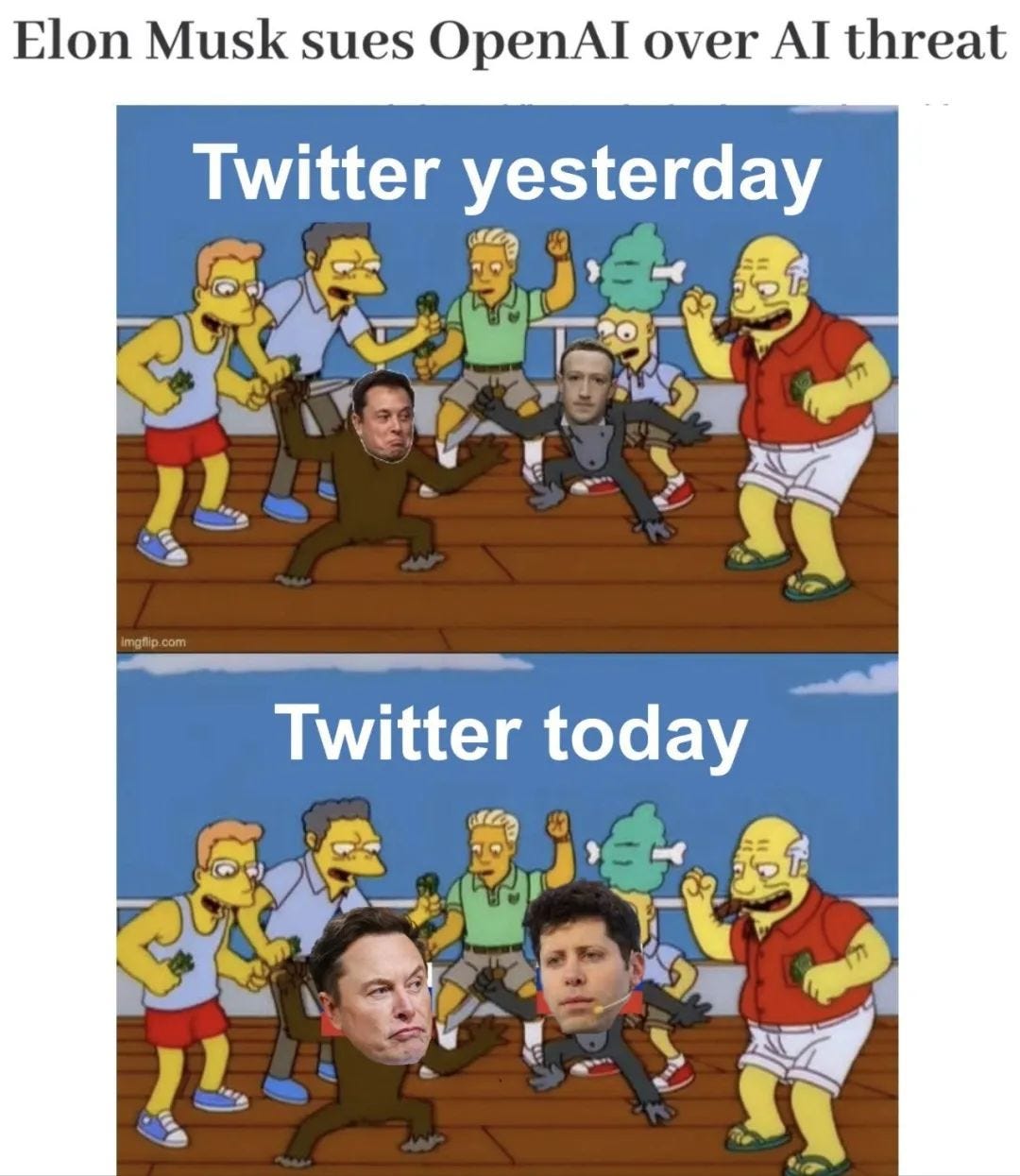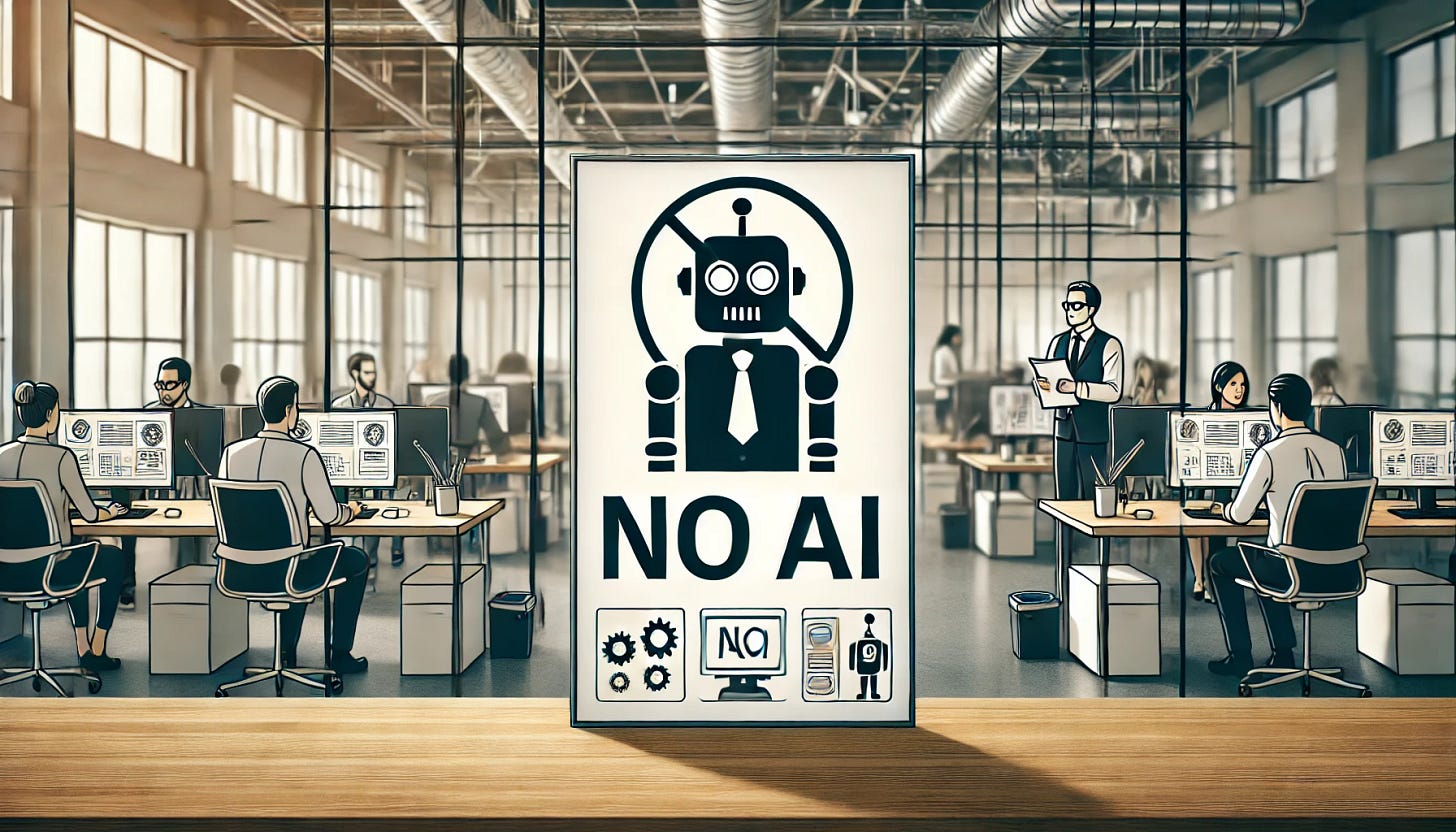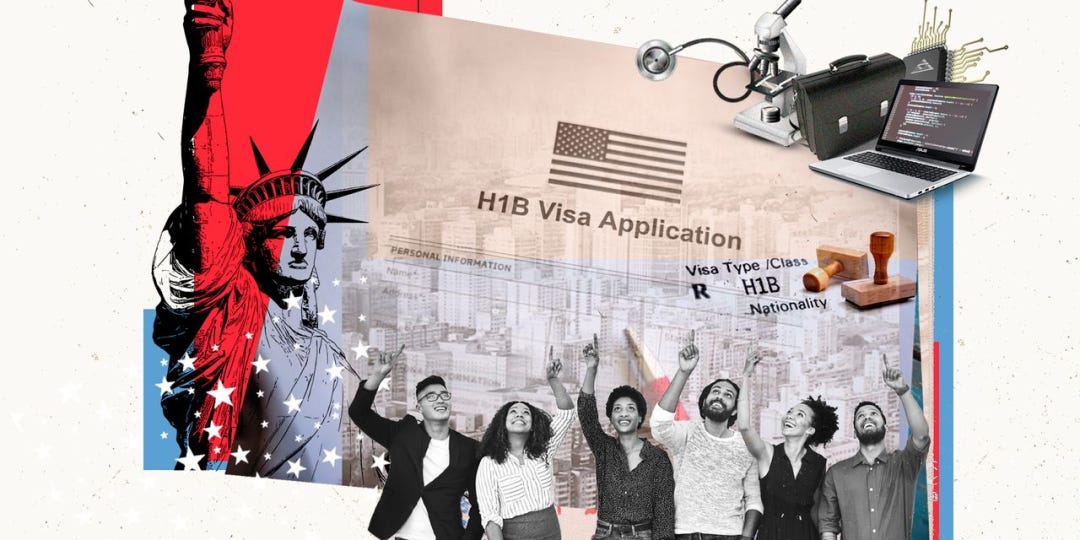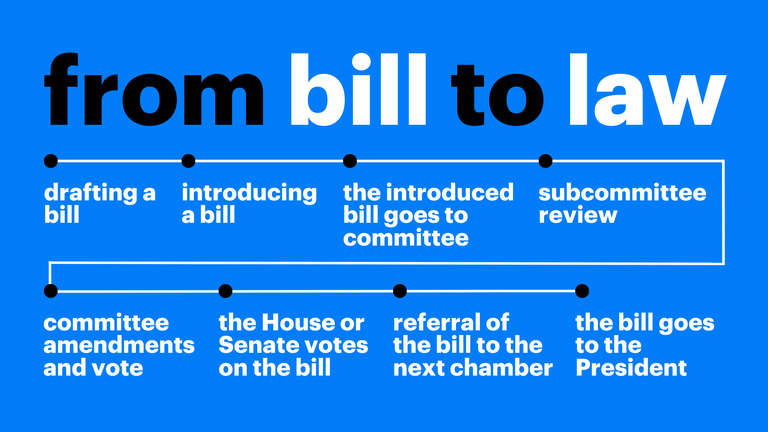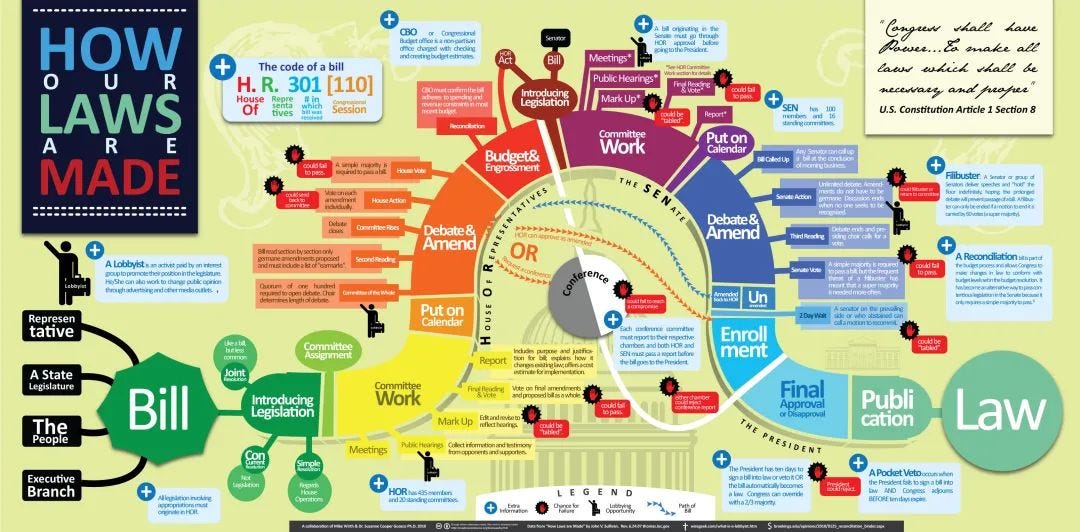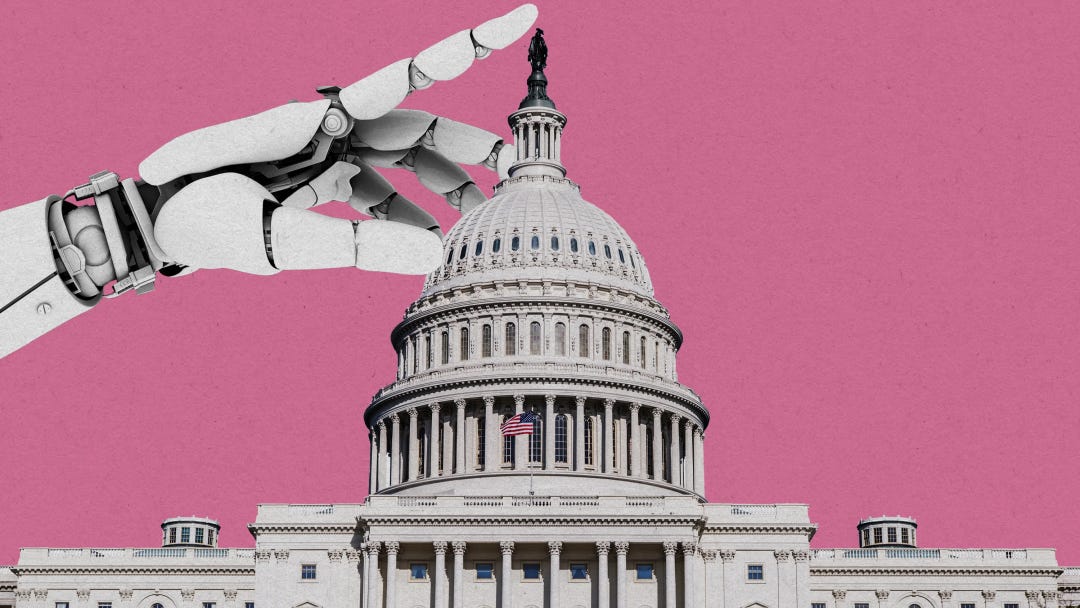A sudden ban by U.S. has caused countless families of international students to panic
Recent news has caused widespread anxiety: the U.S. has proposed a ban on Chinese nationals working in AI. If passed by the Senate, H1B visa holders will need special permission to work in AI or ML.
Recently, a news story has topped global trends: Apple announced the launch of "Apple Intelligence," an AI service in partnership with OpenAI, fully integrating ChatGPT into writing, image creation, and Q&A functionalities, all for free.
Shortly after, Elon Musk poured cold water on the news, tweeting, "If this is true, all my companies will ban the use of Apple devices due to unpredictable security risks."
Behind the flurry of actions by industry leaders, one clear trend emerges: the AI-driven technological revolution is in full swing.
In March this year, Elon Musk, a co-founder of OpenAI, sued Sam Altman, accusing him and other executives of "violating the company's founding agreement by pursuing personal commercial success instead of benefiting humanity" (pictured: a meme created by netizens).
For Chinese students planning to study in the United States, the next major trend is naturally the high-tech field of artificial intelligence. Unexpectedly, recent news has caused widespread anxiety among countless families: the U.S. has issued a ban prohibiting Chinese nationals from working in AI. This development has cast a shadow over the prospects of studying in the U.S.
This situation is partially true but still in the legislative process and not yet in effect. In early May, the U.S. House of Representatives voted to pass the "Strengthening Overseas Critical Export Controls Act," aimed at expanding the White House's authority to regulate the export of artificial intelligence (AI) systems.
This proposal requires Senate approval to become law. If passed, foreign nationals holding H1B work visas will need special permission to engage in AI (Artificial Intelligence) or ML (Machine Learning) related work in the United States.
So, what exactly is this bill? When will it take effect? And how are major tech companies reacting?
01. The New "Manhattan Project"
The "Enhancing National Frameworks for Overseas Critical Exports Act," abbreviated as the ENFORCE Act, is a new legislative proposal aimed at providing a legal framework for the regulation of artificial intelligence (AI) systems. The main sponsor of the bill, Congressman Michael McCaul, stated during the congressional debate, "AI is sparking a technological revolution that will determine whether the United States can continue to maintain its position as the world's leading superpower or be surpassed by China."
Key aspects of the ENFORCE Act include:
Legal Framework for AI Control:
- The bill aims to regulate "AI systems that can or are likely to be adapted for high-performance tasks that may pose significant risks to U.S. national security and foreign policy." This essentially covers "any artificial intelligence system, including software or hardware."
- The proposal acknowledges the difficulty in defining "open-source AI large model software," but indicates that "if deemed to have potential capabilities, it may also be subject to control," with definitions to be refined later.
Increased Powers for the President and Commerce Department:
- The bill grants the President greater authority to control the activities of Americans involving AI systems and emerging technologies. The Commerce Department's regulatory powers are further expanded to include export controls on AI systems related to national security, covering both existing advanced technologies and future potential technologies.
Preventing the Outflow of AI Technology:
- The bill aims to control the cooperation of U.S. citizens and companies with foreign entities in developing AI systems that could threaten national security, preventing the transfer of technology to adversarial countries through collaboration or other means. AI technology exports from top AI companies like OpenAI, Microsoft, Google, and Meta will be subject to stricter security and licensing reviews.
Employment Restrictions for Specific Personnel:
- The bill will restrict H1B visa holders and other relevant personnel from engaging in AI/ML-related work in the U.S. unless they obtain special permission.
The final restriction on H1B visa holders working in related fields is currently our most pressing concern. So far, obtaining an H1B visa through the lottery system has been the primary way for international students to work in the United States. For graduates in IT-related fields, finding a job is generally not difficult, and the pay is relatively high, marking the beginning of the American dream for many.
Among H1B visa applicants, Chinese and Indian nationals make up the largest groups. In recent years, U.S. restrictions on China in the AI field have been numerous and varied, from cutting off chip supplies and targeting related companies to imposing tariffs. However, this time, some U.S. legislators are proposing to formalize these restrictions into law.
02. The Path from Bill to Law
Currently, this bill, more accurately described as a proposal, still has a long way to go before becoming law. The path to becoming law is not determined by a single factor and can be quite lengthy.
Some media outlets have reported that the bill has passed the House of Representatives. In reality, it has only passed the House Foreign Affairs Committee with a vote of 43 to 3.
Each year, thousands of proposals are introduced in the U.S. Congress, but only a few actually become law. The process for a proposal to become law is generally as follows:
In the United States, any ordinary citizen with an "idea" can push for it to become a "proposal." The citizen needs to contact their district's representative, persuade them to support the idea, and draft a bill to bring to Congress.
Only members of Congress can introduce proposals. Both House and Senate members can propose bills. A member of Congress will submit the draft into a box called "The Hopper," officially making it a proposal and initiating the process of debate and voting in Congress.
The first step is for the bill to pass votes in specialized committees of both chambers.
Initiated by Congressman Michael McCaul, the bill has passed the House Foreign Affairs Committee. Next, it needs a simple majority vote in the House of Representatives. If approved, it will move to the Senate for debate and voting. Both chambers must pass the exact same version of the bill.
If both chambers approve, the bill goes to the President for signing. If the President vetoes or doesn’t sign within ten days, the bill fails.
Congress then has two options:
1. Override the veto with a two-thirds majority vote in both chambers, making the bill law regardless of the President’s signature.
2. Amend the bill to meet the President’s requirements, restarting the legislative process.
Given the current bipartisan consensus in the U.S. Congress on issues related to China, this bill has a significant chance of passing both chambers.
03. The Future of AI in China and the U.S.
The bill's sponsor, Congressman Michael McCaul, has likened AI technology to the "Manhattan Project" (the atomic bomb project), explicitly stating that the bill's primary purpose is "to ensure the United States maintains its leadership in the AI field" and to prevent American companies from "unintentionally" advancing China's progress.
In reality, the development of artificial intelligence today is deeply dependent on collaboration.
Countless science fiction films and novels have repeatedly shown us that isolation and self-interest lead to greater disasters, while only through cooperation can we ensure that intelligence serves the greater good and leads to mutual benefit. The battle between technology and politics is unending, but one can hope that, this time, the diverse forces of globalization can prevail once again.


